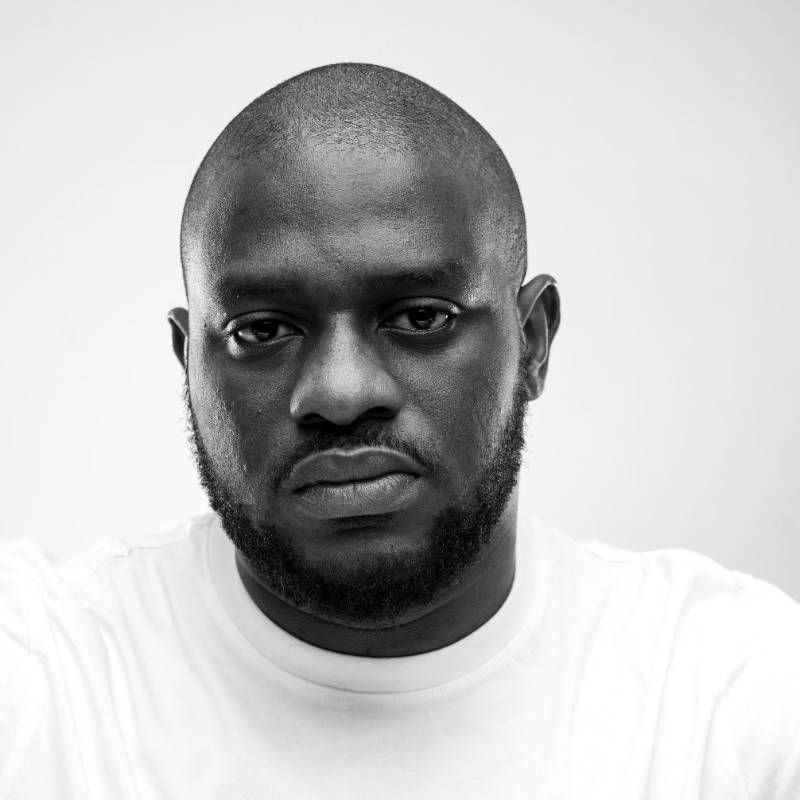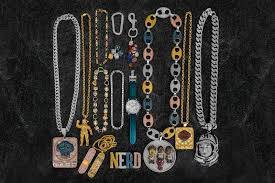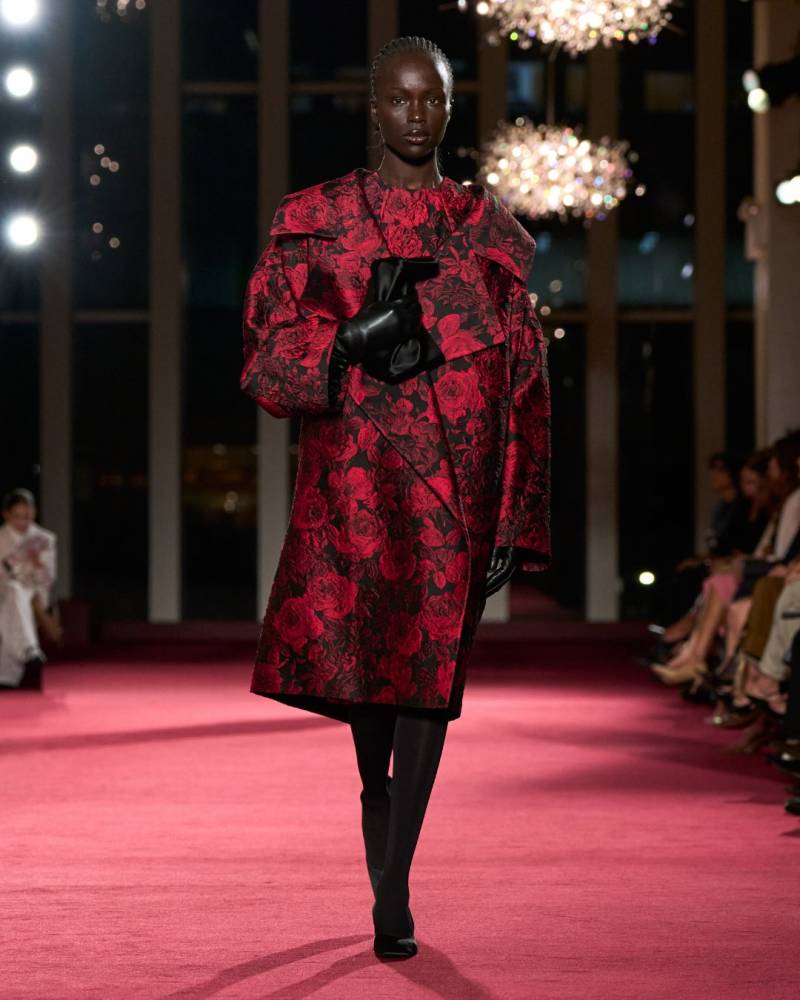Behind the great successes of Nigerian musicians, especially those who have inked multi-million dollar synch deals with blockbuster flicks such as Black Panther: Wakanda Forever or video games like the latest FIFA ‘23, are a group of professionals known as Music Publishers, who help pitch music catalogues and track their revenue flow from everywhere their content is utilized. A dearth of understanding of publishing as well as other facets of the music business has plunged several great musicians, from the ‘60s till date, into draining record deals. Born of his own far-from-smooth experience with managing and co-working on stars like MI Abaga, Wizkid, Iceprince, Waje, Show Dem Camp, among others, 35-year-old Godwin Tom is one of the few unsung heroes helping to change this narrative and get artistes benefit more from their craft.
After clinching a new position as the Managing Director at Sony’s new Publishing Outfit in Lagos and also opening a pan-African music business academy, Music Business Africa (MBA), Godwin’s efforts within the industry have expanded in terms of impact and sustainability. Today, Guardian Music catches up with the mogul who has been active in the music business scene for over 20 years. He shares his dream behind MBA and his thoughts on music publishing in Nigeria in this interview with CHINONSO IHEKIRE
As one of the young people still killing it in the industry, I want to know where your thoughts are at the moment and how you feel about everything happening now? I feel lucky. I’m standing on the shoes of many people. I have made quite a lot of sacrifices but compared to that, I’m reaping benefits that a lot of people didn’t reap. So I feel incredibly lucky.
How were you able to break into the Nigerian music scene?
I guess what most of us did (because I am not the only one, but quite a number of us) at the time was to focus on stocking up and getting information than money. So we would do things that sometimes we couldn’t even be paid to do. So you put yourself in situations where you wanted to build capacity, where you wanted to build knowledge, you wanted to provide solutions, you wanted to prove yourself and then you have nothing to lose. I started managing on my own when I was 21. So you are young, you have some time and then you can take some risks. I think that was what some of us did early that just made things look like we have been in this industry for such a long time or forever.
However, the reality is that we just did everything we could do to develop ourselves, build our network, become more valuable with whoever we were with and show that we were capable and worthy of any task we were given. I think that forced us to build capacity. It also forced us to build a network of friendship based on competence. So you know that even if I’m giving my friend this job, it is because I know that my friend can do it and I’m only giving him because I know he is the only one that can do it as well as I think it needs to be done. I believe that level of community and network is what helps everybody within the system to grow. As someone who started at a young age and worked with people who were older, how were you able to build trust without an extensive portfolio? As I said, we wanted to show we could do the work. So one of the things about doing the work is obvious – there is no hiding results. There is no screwing around those that actually worked. For most of us, we just worked. People who were in higher positions saw the work and no matter how many blockades you face, the moment people begin to see value in bringing you to their team and in you being part of what they do, you will have access.
There are obstacles and challenges, but nothing speaks louder than result, not even branding. At the end of the day, you can brand yourself all you want, but if you don’t know how to do the work, not much would be done. In fact, you may have access because of your branding but the moment you go into the job and you are given a task to do, the only thing that keeps you there is your ability to execute the task. So, I think we got through (I mean, I could speak for myself) mainly because of the work done. People saw how diligently we were doing the work. People saw how committed we were to the work. People saw how much time and effort we were putting to developing ourselves and doing the tasks that we were given. And it was just inevitable that they had to do with us. So, for most people, they are smart. They take you in early, work with you and build you into the space where you are now becoming peers and colleagues. For those who try to stop it, they kind of realize that it’s not in their power anyway and you are going to get to where you need to get to because there are multiple roots to the destination.
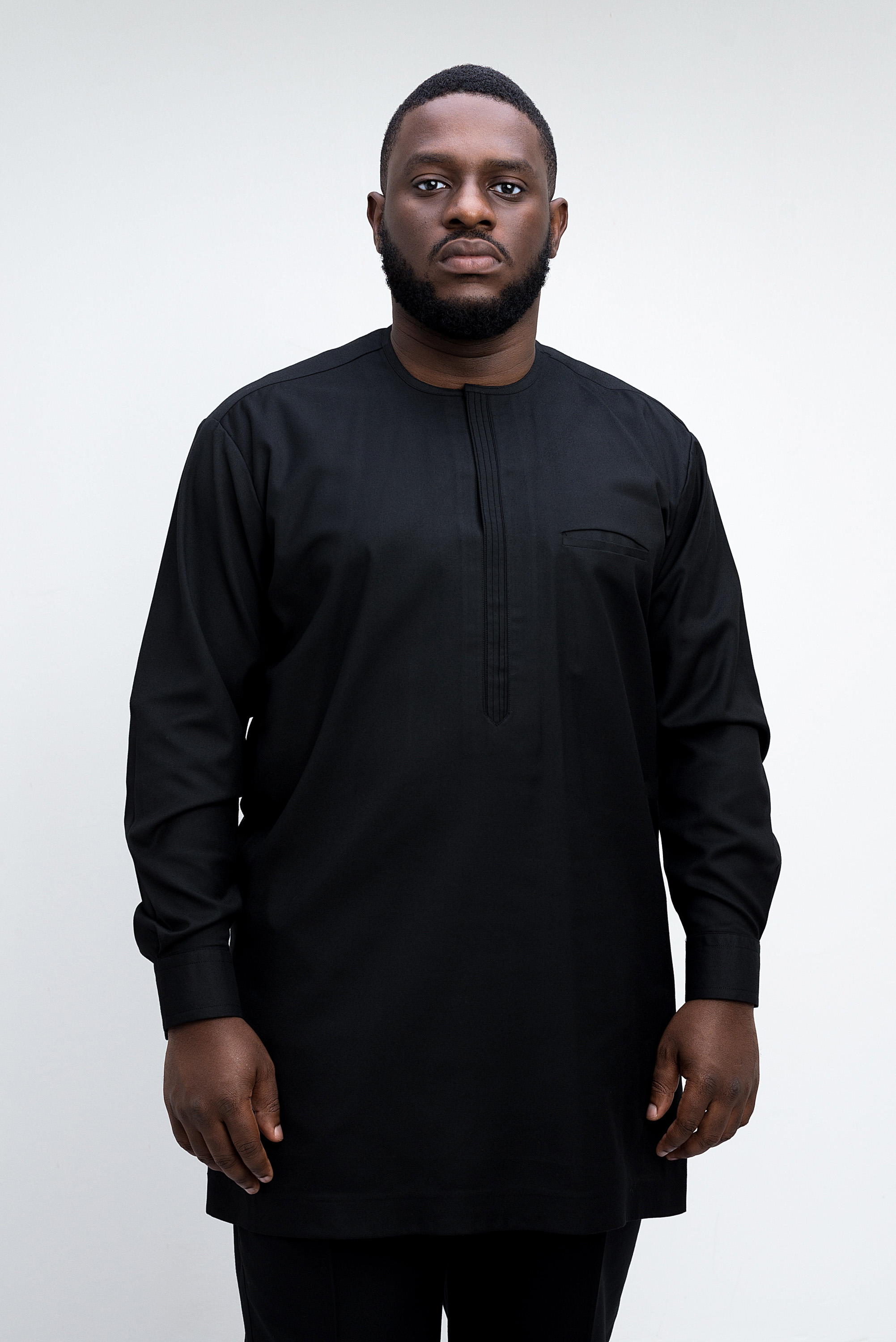
You started with managing MI. Did you have any other artiste you tried to manage before him?
No. So he was the first one you approached and you got it? Yeah, I would say approach but it was more like he was handed to me because Osagie basically introduced me to MI. After we met, we decided to work with each other. We were introduced to each other; we saw opportunities in working and we took it there.What were some of the major challenges you faced when you started working with him? I didn’t really have any point of reference. I had to fail through the process. I had to make so many mistakes in the process of developing myself – to learn what it’s like to manage an artiste, to bloom in one year or put out a song everybody loves but you are not ready or have the resources to push. I had to fail through the process of learning to get to where I needed to go. So the challenges weren’t particularly to MI. It was just where the industry was at the time. We would have shows and I would have no money to go back home. Although we did a lot of free shows, all of that added to the process of growth. I don’t regret any of that. There were challenges only because they needed to be overcome. So the moment they were overcome, it became an easier thing. It became a story as opposed to a stumbling block and I think that’s the best way to look at a lot of those challenges. It’s been an amazing experience growing through the process. I think one of the biggest issues was that I had no real reference for what I was doing, which is why MBA came to be. I wanted people to have that point of reference and to have the opportunity to build experience and knowledge.
Why did you start MBA with a Pan-African viewpoint?
As I said earlier, why I started MBA was because I needed people to learn quicker. I felt like one of the difficult things we had was that we didn’t have guidance. So I wanted people to learn quicker, build a community and network based on competence but more importantly, have some work experience, which is what the talent program does through the MBA program . The reason for this is that I tried to hire staff and I couldn’t find it so I had to train. I realized that even after training my staff, they still had to deal with the industry of mostly uninformed people. I felt that maybe this is a bigger problem than just me and my staff because my staff still needs to deal with the rest of the people. So we decided to deal with the problem but then realised quickly that this is the same problem across the continent. You know we are not peculiar about the problems. So we decided to push the boundaries and bring more people in.You are known to be a risk taker. Was there any point when you felt that this would be too much to handle? Well, the only way to do it is for it to be too much. It’s an important thing but it’s a difficult thing. That’s why not everybody is doing it. We wanted to focus on building a template, which is what we have done over the last year and a half. We did it in the first and second year and decided to reiterate and see how we can develop it even further. And we are going to continue doing that across the continent. Right now, our focus is working with governments to help develop their creative economies. We are currently talking to a few governments across Africa to see how they would be able to support the youth in their communities to be part of the program. We are looking at francophone Africa because language is another barrier. So we are looking at creating multiple versions – the French version, the Swahili version and possibly the Portuguese version of the program. We are already partnering with global businesses. I think if you are going to do something, you want to do it in the way that it actually creates impact and that is hard work. So, I am not afraid of hard work. I wouldn’t say risk taker, I would say it’s a no-brainer that this makes sense. The only problem is that it’s a lot of hard work. So, I am not afraid of hard work.
With MBA, what’s the core fulfillment for you?
I don’t run an NGO. I run a company. MBA is currently run by Elizabeth and other people but I own it. We never created MBA to be an NGO. It’s a company and the reason for that is I don’t want to at any point give the impression that we cannot create a business out of education. It is, however, a very slow return process. It’s a very painful and slow return process. Education is not very profitable but one of the biggest fulfillments that have continued to push me is talking to Kola and Gbenga and Oreoluwa, who are all my students, seeing the kind of works they are doing and having conversations with the head of Dundun Nigeria, who is also my student. Having conversations with the guys on Audiomack and talking about how well my students are doing in the company. Going to Tanzania and speaking at the conference and also having two of my students speak right after my speech. You know, those are students from Tanzania. And getting a call from the guys organizing Afrochella and talking about the work with one of my students. That is what I do – opening as many doors as possible because eventually I may need to work through those doors. So, empowering many people. The best way to put it is what I usually say – the true test of power and influence is in its distribution. How many people are benefitting from the power, access and influence that you have and how powerful are they becoming so that they add to your power, influence and access. That is what this is about – growing a community of informed people who will track the course for 50-100 years of our entire music ecosystem across the continent. That’s what all this is about. The profit will come eventually, but the impact needs to happen for that profit to make sense. If not it will be short term.
You just landed a major role at Sony Publishing. How do you feel about the state of publishing in Nigeria?
Well, it’s not a lot of information about publishing at all. And there is not a lot of education about it, especially in Africa. What we are trying to do at Sony is to focus on educating. There’s a lot of focus on market share and all of that. But I think if any company can put some humanity into this business, it’s Sony. We already have market share; we are already the biggest publishing company in the world. What we are doing now, to be honest, is putting the writer first and building an ecosystem where people are informed about their rights and they can actually know how to benefit from it and protect themselves. That’s what we want to focus on. As much as we want to sign the big artiste, we want to see what kind of pipelines we have for the upcoming artistes, composers, writers or producers, to help create opportunities for them to live the life they want, to live to help them make the money from the music that they create. So there’s a lot of work to do; it’s not all sweet candy and roses. It’s painful work and I think we need more local people that are stepping up and taking advantage of the opportunities and relationships like businesses that Sony is bringing up to the table.
Can you tell us some names that are on your roster?
I have been focused on building structure. If you want to ask about names, you need to talk to Wale Davis who is our head of A&R for Africa. And he has been the one responsible for most of the signings – Olamide, Tems, Lojay, Paul, a lot of people. The major artiste that we brought into the team or process has been him. I am more focused on building the business here and so I allow the NR teams do what NR teams do. We are about to sign an artiste as well in the Nigerian office through the German office; that announcement will be made soon. We have a number of signings in the pipeline but I can only talk about the ones that we have. So we have had a good run in the last two years, which is why the company felt there was a need to set up an office in Nigeria and see how we could build further on the successes of the Nigerian artistes signed to the London office or French office or even the German office. So far so good, we are building that capacity now. In terms of signings, don’t worry; we have a lot more people coming, a lot of conversations in the pipeline. But our focus right now is the people we signed, how to ensure that we do the work for them.
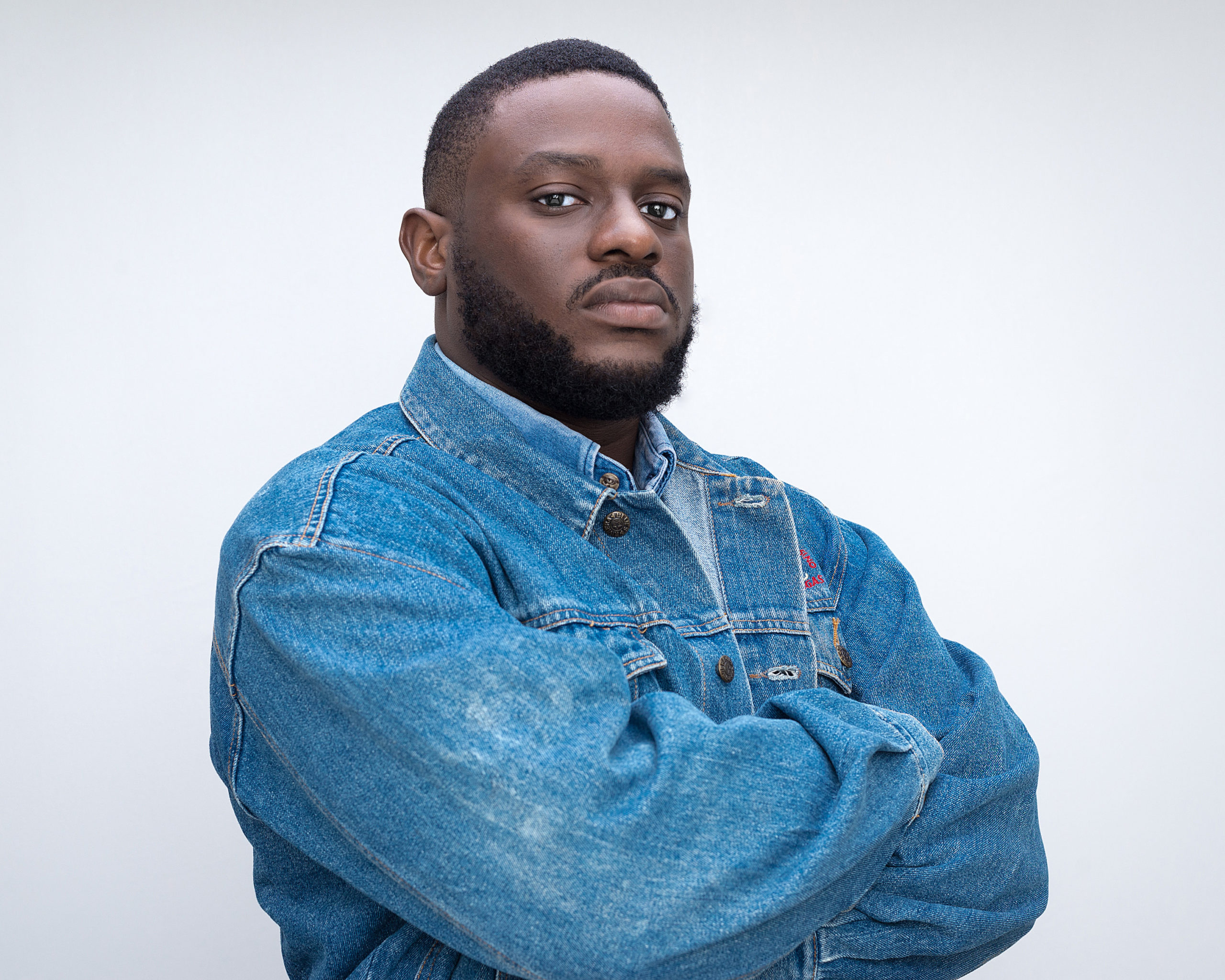
Looking at the state of publishing in Nigeria, do you think we would catch up with other parts of the world?
I think we are catching up. I also think once the education is available and more people know, it will reduce. It might not end. Even in the U.S. or the UK, all these issues still come up. So it might never end, but it will drastically reduce because there are more people who are aware. I mean, in my office right now, we are currently sitting over 12 sync deals for Nigerian movies and usage across the country. So, I know there is beginning to be respect for people’s intellectual property and people have more resources to sue, more resources to get lawyers and it will begin to change. People will become discouraged from doing this type of thing, and I think once the education is added to the conversation it will make a lot of things easier to deal with.
There is an issue prevalent in the industry where an artiste could be affected by signing wrong record deals. How do we ensure that the revenue still comes back to the artiste at the end of the day?
First thing first; publishing and sound recording are two different things. We deal with is a lot of artistes or composers who are performing artistes when signing deal or record contract. We also also sign off their publishing. When you do that, it’s very difficult for anybody to collect it. This is because it means that you don’t own your publishing if you sign it off. And so some people sign exclusive administrative right in perpetuating, which means forever and ever they are the person you need to call on before you can use the song. And those were the type the educated people will try to avoid, to separate themselves as performing artistes. Ice prince is a performing artiste and he is completely different from Panshark Henry Zemani, because Panshark is the one that wrote the chorus for “Particula” and Ice prince is the one that performed it. It could have been anyone else. It could have been Tomtgat write it and Ice prince performed it. So, it’s important that it’s separated from your performing career. Also, that part of the education that I said were focused on pushing and making sure people know. Now I can’t speak to the conversation that you had because, I don’t have a copy of the contract.
But for many people their signing contract are not in their favor, so they give away their publishing to people who shouldn’t have them in the first place. So, we can’t do much about that. What we can do is to start educating people so they know better, see ways that we can help and support people. We are not here to fight labels or to quarrel. I can’t speak to that because I don’t know what the content of the contract is. What I can speak to is probably because of what he sang and so he can’t necessarily just make decisions because of what he sang. But normally, a contract, which is something that when doing, we try to ensure as much as possible that when we do publishing deals at Sony, we are doing it directly with the writer and not with any third party. And if there’s a third party, the artiste needs to have controlling shares in that third party company. The reason for doing this is to protect the artiste, to ensure that the artiste isn’t taken advantage of as long as we are the people they are working with. These are basically measures that we are putting in place to protect the right owner and as we grow to the process, I think it will get better; more people will know or learn to do better. I also wanted to touch briefly on Show Dem Camp before we wrap up. You have been very instrumental to the duo and to the success of their programme. I mean you must feel very proud right now… I am but you know it takes a village. There is a whole team. A lot of the things you see, in Nigeria for example, there is an entire team. There is Oyinade; there is a bunch of people. Gbenga or Akami. I could keep going. In the UK, you have got Nike; you have got a team of people that are working together in every region to get SDC to where they are and I’m just a part of that team. I have been managing SDC since 2010, but as we grow, we feel the need to continue to build capacity for the team that we bring on board for all our projects, whether it’s the album or palm wine festival. My involvement has reduced now because of my job but, you know, I am always an SDC fan. I think what they have been able to do over the last five years has been nothing short of phenomenal.
What drew you to them in the first place?
Music! I think the music drew me and then their personalities kept me. You know, SDC is no longer like the people that I manage to work with; they are actually like brothers now. So the music was something that I felt needed to be heard. I remember the first few meetings I heard; there was so much music. I was like we need to put this stuff out; whether it’s mixtapes or whatever, we need to get it out. I had a whole folder in a hard drive with just SDC songs. Even till now, I have some unreleased mixtapes that are just sitting there. They had so much music and were just recording nonstop. So for me, it was just how do we get this out and get it across to as many people as possible. I don’t want to be the only one hearing these songs. And then they developed overtime into more than just musicians. They literally become sort of mentors to younger artists coming in. They have become platform owners who have created platforms for other young artistes to come through. It’s been amazing to see that progression and growth, that even after they decided they don’t want to make music anymore, they have built something that can continue to create opportunities for other artistes. I don’t know anybody who wouldn’t be proud of that.
Guardian
